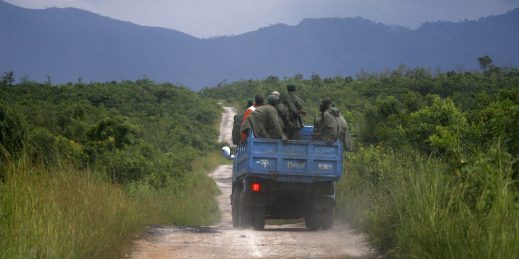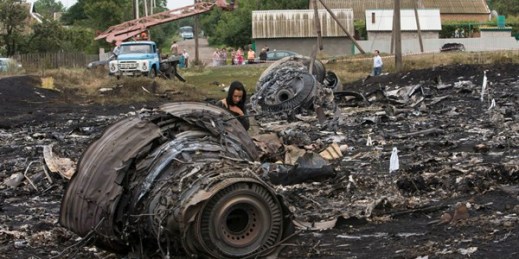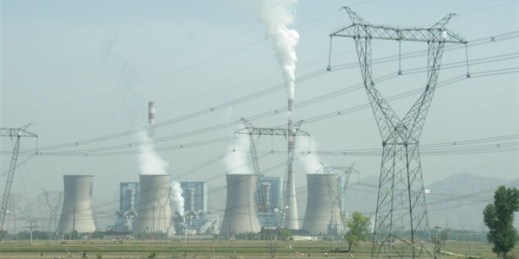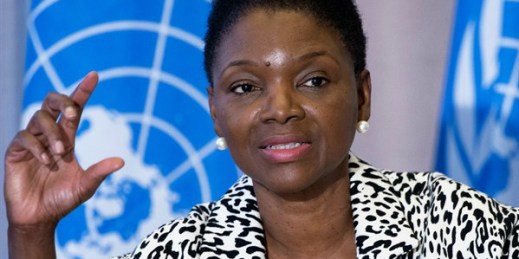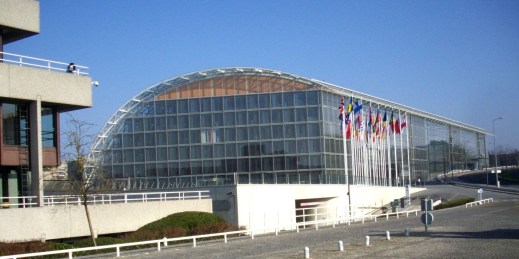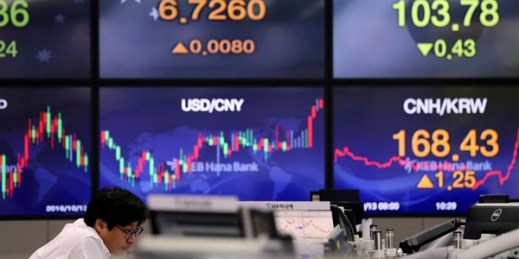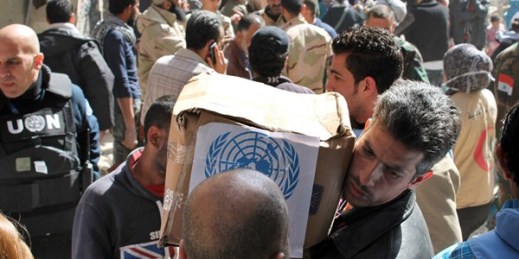
In mid-July, the U.N. Security Council unanimously voted to allow humanitarian aid delivery to Syrians in rebel-held areas without Syrian government consent, through four border crossings from Turkey, Iraq and Jordan. In an email interview, Dr. Hannah Vaughan-Lee, a humanitarian practitioner and academic, discussed the challenges ahead for the cross-border aid operation. WPR: Besides ongoing fighting, what obstacles do convoys face bringing aid to rebel-held areas in Syria? Hannah Vaughan-Lee: Crossing the border into Syria is only the first in a series of steps for delivering assistance to conflict-affected populations in rebel-held areas. One immediate and ongoing challenge will be […]



